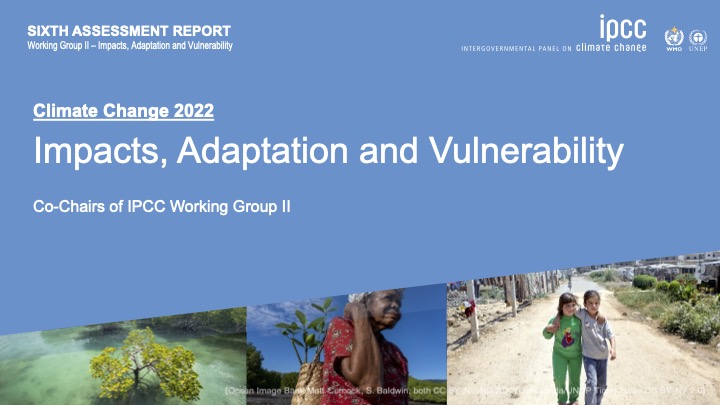The recently released International Panel on Climate Change 6th assessment report, Climate Change 2022: Impacts, Adaptation and Vulnerability, submits the growing demand for biomass offers both opportunities and challenges to mitigate and adapt to climate change and natural resource constraints. Further, the report notes sustainable forestry and agriculture, increased technology innovation, stakeholder integration and transparent governance structures and procedures at local to global scales are key to successful bioeconomy deployment, maximizing benefits and managing trade-offs.
The risks to forests from increased warming, including fires, pests, disease and deforestation are caused by unsustainable agricultural expansion and urbanization. However, the good news is sustainable forest management is identified as an important adaptation option for managed forests, which includes commodity production such as wood pellets.
The report states, “…forest-based solutions support ecosystems’ capacity to adapt to climate change, including better regulation of microclimate, increased groundwater recharge, improved quality of air and water, reduced soil erosion, improved and climate-adapted biodiversity habitats, expansion of biomass, as well as continuous provision of renewable wood products.”
Biomass, particularly wood pellets, is part of the climate change solution as we transition away from fossil fuels. Today, an increasing amount of wood waste is being turned into wood pellets in Canada. Those pellets are used around the world to produce clean energy and to displace fossil fuels – supporting efforts to meet important global climate change targets.
“In managed forests, adaptation options include sustainable forest management, diversifying and adjusting tree species compositions to build resilience, and managing increased risks from pests and diseases and wildfires,” the report notes. “Restoring natural forests and drained peatlands and improving sustainability of managed forests, generally enhances the resilience of carbon stocks and sinks. Cooperation, and inclusive decision making, with local communities and Indigenous Peoples, as well as recognition of inherent rights of Indigenous Peoples, is integral to successful forest adaptation in many areas.”
Canadian wood pellets are produced entirely from the residuals of sustainably managed forests. We work with suppliers who share our commitment to sustainable forest management with goals to improve forest utilization by enhancing growth and ensuring the best use of the forest and forest products, all the while reducing environmental impacts. WPAC understands the importance of these issues to our local and Indigenous communities and customers.
Wood pellets, sourced from responsible producers in well-regulated countries like Canada, are unquestionably sustainable and a part of the solution. The energy industry is increasingly using wood pellets to replace fossil fuels and there is significant scope for optimizing use of land resources to produce more biomass while reducing adverse effects on resources. The Wood Pellet Association of Canada and its members recognize that the fight against climate change requires immediate and urgent action. We are committed to supplying the world with responsible and renewable clean energy; you can learn more about our commitment to sustainability here.
Gordon Murray is the executive director of the Wood Pellet Association of Canada.
This article was originally published by Canadian Biomass, a national media brand providing coverage of the emerging biomass, bioenergy and bio-products markets. See CanadianBiomassMagazine.ca for more information.

